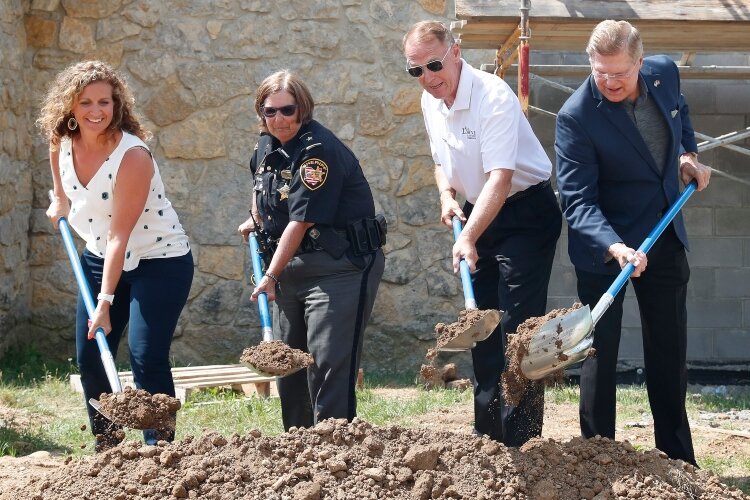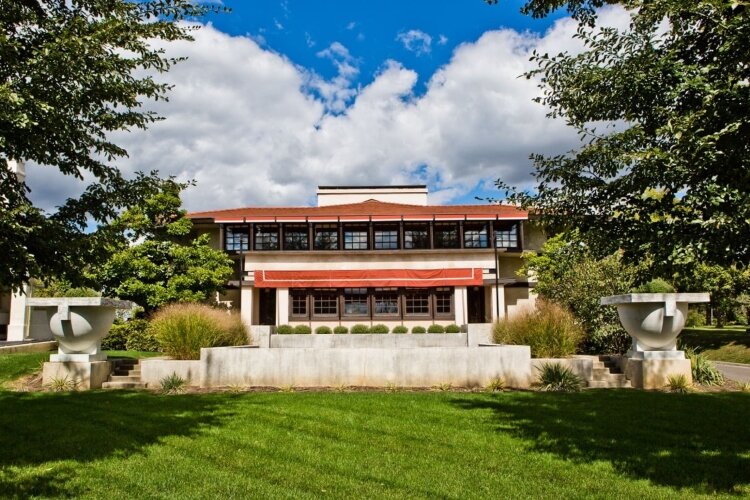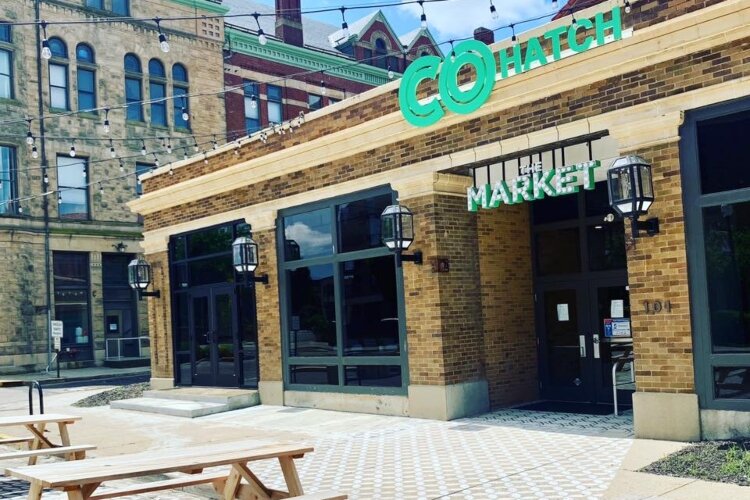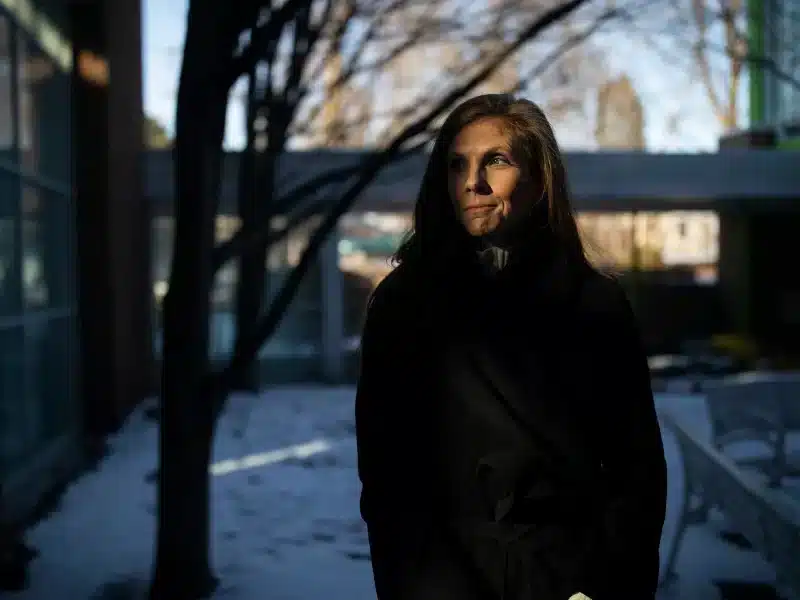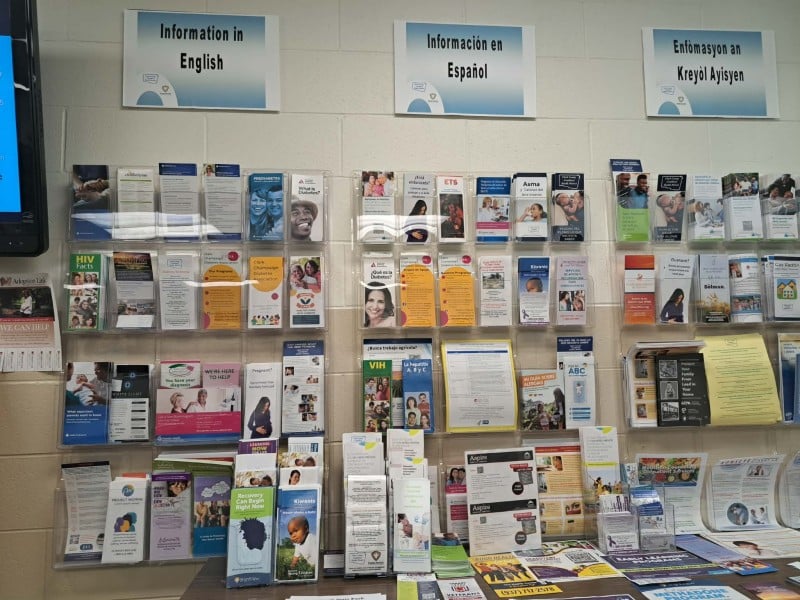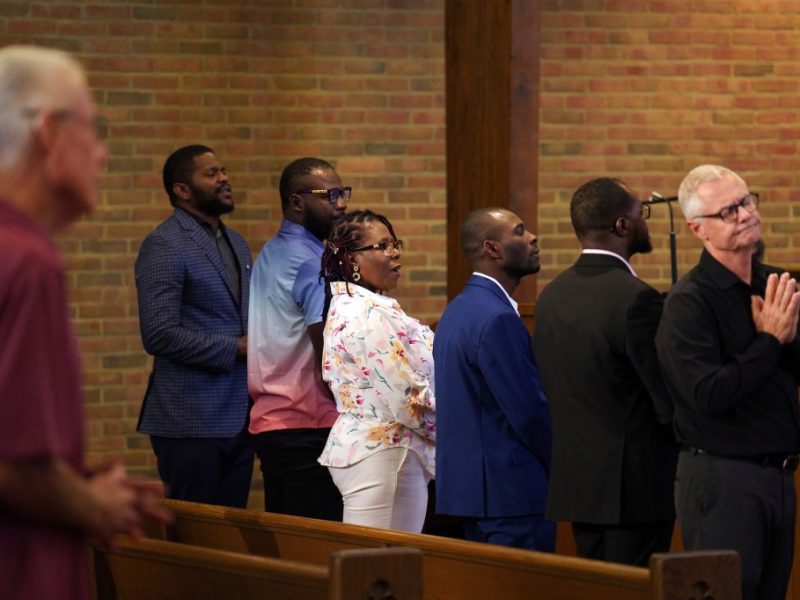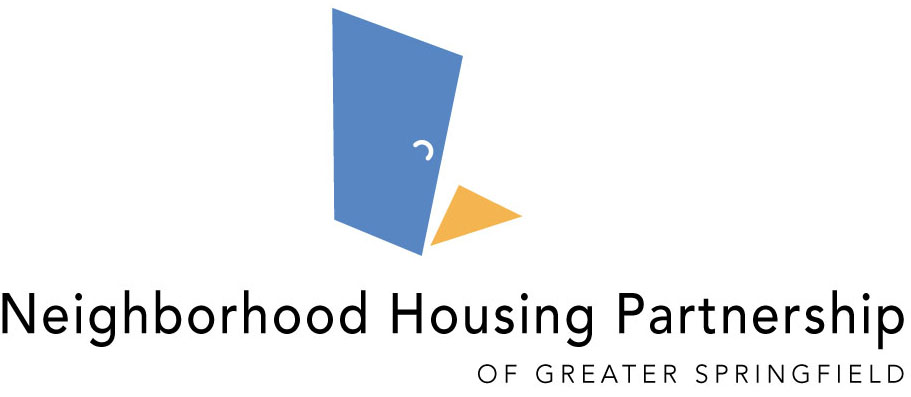Pushing forward through COVID-19
Many Springfield and Clark County projects have continued through the pandemic, keeping local growth and development alive and well.
The COVID-19 pandemic caused plans around the world to come to a screeching halt, but many projects throughout Springfield and Clark County barely tapped on the brakes.
“I do think Springfield is probably unique in that way,” says Chris Schutte, vice president of destination marketing and communications for the Chamber of Greater Springfield.
While there is no doubt that the effects of the pandemic and resulting closures were devastating to many small businesses, restaurants and residents, Schutte says it is also important to remember the projects and developments that were able to move forward or open, even during such difficult times.
“I think as a community we have a lot to be proud of that we kept these things going,” he says.
For example, a new three-story, 305-space parking garage with retail storefronts opened in May on Fountain Avenue. In addition, Center Street Townes‘ construction downtown and the Bridgewater Subdivision by Ryan Homes near the Tuttle Road Walmart both continued to make progress during the pandemic, he explained.
Downtown also gained new businesses. Cyclotherapy, a bicycle shop that also offers accessories and repairs, opened at 40 W. High St. at the end of April. And, at COhatch The Market, the coworking space celebrated its opening in March, and all seven restaurants and bars had opened by June.
Construction was delayed by a few weeks because of the quarantine, says Joseph Harrison, community orchestrator at COhatch, 101 S. Fountain Ave. Finishing touches that typically take a day or two instead took closer to a month.
“We were on that final stretch,” he says.
COhatch had planned to host large events to showcase the space, but the coronavirus scrapped those thoughts.
“Our numbers aren’t as great as they could have been with a proper launch,” Harrison says, adding that COhatch still is fortunate compared to many others, in part because it has the space to keep indoor seating six feet apart and to add outdoor seating.
Entrepreneurs and leaders love challenges, Harrison says, but COVID-19 offered up new levels of uncertainty. Not only was COhatch itself launching, but it also was working to find ways to support the privately-owned businesses that call the building home, all while keeping the community safe.
“This has been a whole other level,” he says.
Even as the pandemic caused the cancellation of Springfield’s popular Summer Arts Festival this year, local arts and cultural activities continued to thrive in sometimes new and innovative ways. The Westcott House held a virtual birthday party for Frank Lloyd Wright this summer, and the Westcott Center for Architecture + Design shifted its Summer Tour Series to a virtual structure.
In addition, signal boxes around town are continuing to be adorned with vinyl wraps, and there are plans for additional mural art on a larger scale.
“I think that has a nice uplifting effect in the downtown,” Schutte says.
Outside of the city, Clark County has continued to make progress on a number of projects.
A $2.5 million interior reconstruction project on the A.B. Graham Building downtown began last year, and offices are expected to reopen there at the end of 2020, says Clark County Commissioner Melanie Flax Wilt, who adds that only an elevator order was delayed because of COVID-19. The building houses the offices of the auditor, recorder, treasurer and tax maps department in addition to the Clark County Common Pleas Court’s Domestic Relations Division.
The county also broke ground in June on a new 911 center that is expected to be completed by next summer.
“Public safety is our No. 1 priority, and we needed to continue to move forward on that knowing that our current communications centers are past their prime,” Flax Wilt says.
Other projects that have advanced include planning to renovate the Clark County Fairgrounds and the commission’s move earlier in August from its former downtown office to the Springview Government Center on the east side of town.
The pandemic also spotlighted the need for technology updates, such as those relating to the county’s network and fiber infrastructure, and those updates continue, Flax Wilt says.
The county responded “promptly and conservatively” when the pandemic hit, putting a freeze on hiring, traveling and capital projects that were not yet underway, she says. A significant decrease in sales tax revenue was predicted, but it is now expected not to be as bad as what was anticipated in those early days.
The community is faring better than many others, Flax Wilt says.
“It’s not over yet, but at least things are somewhat returning to normal,” she added.
Schutte says it will take a while to get travel and tourism back to its pre-COVID-19 levels.
Tourism is a $440 million business in Clark County, and Schutte knew when the pandemic began that the hospitality business was going to be hit hard. It was clear that small businesses and downtowns in particular would feel the impact.
Nevertheless, he sees signs of improvement, such as an increasing number of people again visiting Clark County hotels and attractions like the Westcott House and the Springfield Museum of Art.
“You just have to be incredibly patient while it’s developing, and that’s not easy,” Schutte says.

